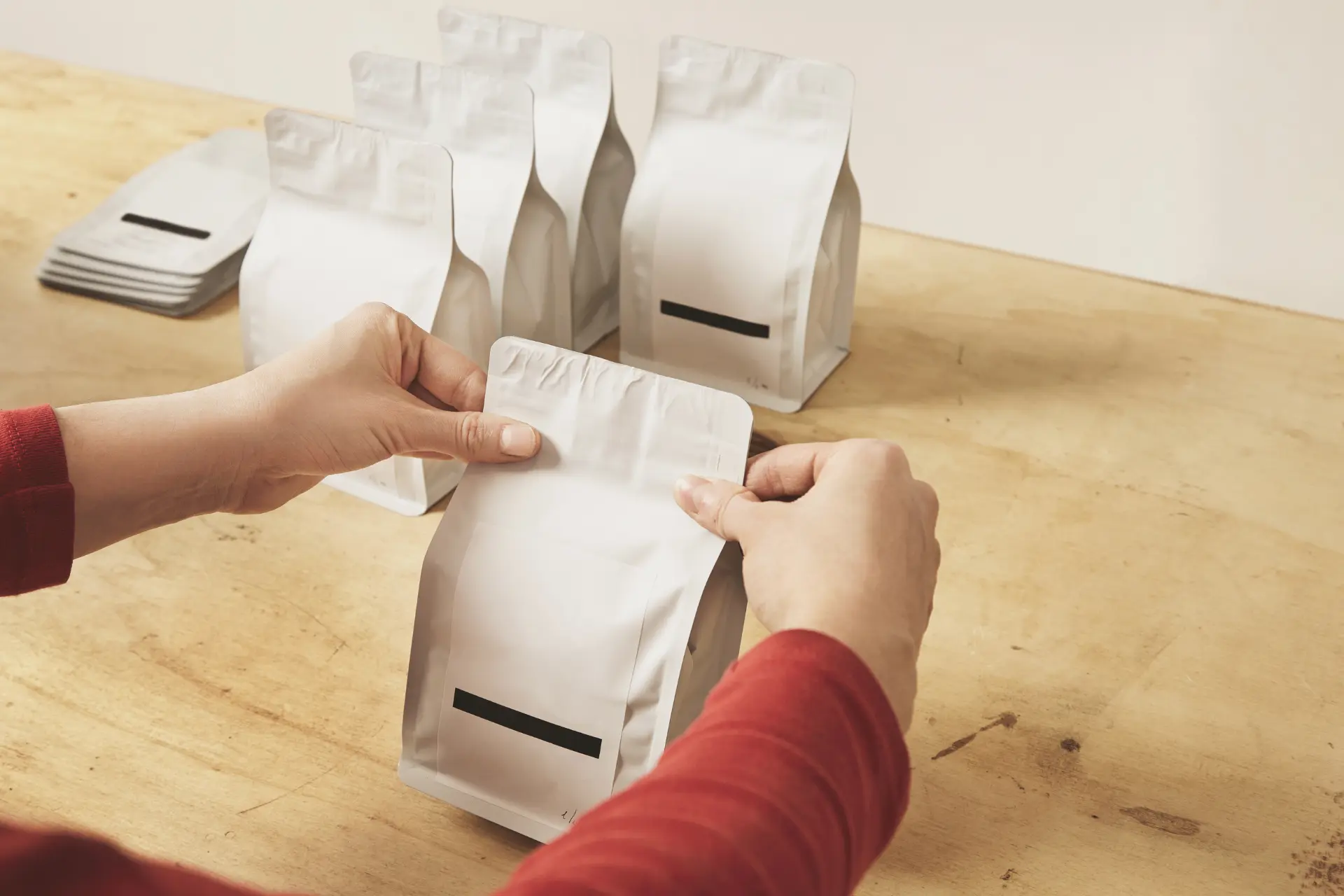If you were asked what products have seen increased sales in lockdown, what would you say?
Toilet roll, cleaning products, food staples like eggs, flour? … correct.
But would you have thought of pet food?
Thinking about it though, it makes perfect (or purrfect?) sense.
Google searches for ‘buy a puppy’ increased by 120% in the month after lockdown was announced on 23 March, according to Dogs Trust
Lockdown has made existing pet owners value their pets more. And having a pet has undeniably helped to keep people sane during lockdown. As a result, there has been an uptick in adoptions and new pet owners (estimated 70% up in USA by the ASCPA).
The result is that millions of new pet parents are entering the market for the first time. And dog and cat owners, fuelled by their own health worries and a heightened concern for the welfare of their pets have increased purchases in premium and super premium products.
Pet food – a diverse & vibrant marketplace
150 years since James Spratt started manufacturing and selling dog biscuits to wealthy dog owners in USA – the pet food market has grown to the scale we see today; a value of around €21 billion in Europe and $30 billion dollar in USA.
It is one of the few categories where smaller businesses successfully compete with global players and innovation is actively encouraged!
Similar to plant based, pet food is also an active market now for acquisition and investment. Both Nestle Purina and Mars Petcare having taken active share or ownership of smaller players in the last few years.
Four top trends for the twenty-twenties
Developing a successful new pet food product formulation in modern times is challenging. Products must offer excellent nutrition and safety but still be convenient and cost effective. Pet satisfaction is key. And on top, products and ingredients are increasingly being judged for sustainability and ingredient traceability.
1. Health and wellness
Health and wellness are key trends. Buying pet food is an emotional purchase, so purchasers are more than happy to buy into something that will benefit their furry companions.
From grain-free to premium raw food recipes there is a food option to meet any requirement. Nutriment, Bella&Duke and Natures Menu all have successful premium raw food ranges, with doorstep delivery for convenience.
‘Free from’ and allergy concerns, are central to many product claims. Ranges marketed by Arden Grange are naturally hypoallergenic; their sensitive cat food product has just won a retailer award for cat food of the year.
‘Clean label’ ranges with limited ranges of ingredients are being promoted like the award winning ‘Just6’ range from popular brand Harringtons from Inspired Pet Nutrition.
Scientifically qualified nutrition is important for premium products like those from Hills Pet Nutrition Carefully sourced quality ingredients are central to Lily’s Kitchen ‘proper food’ claims and MPM‘s product philosophy.
Reducing over-processing is becoming important too. Products from newcomer Walker & Drake offer nutritional benefits from minimal processing.
And to meet highly individual needs there are even personalised formulations available like those from Tails, which arrive at your door tagged with your pet’s name, ingenious!
2. Ecommerce
Fuelled by the pandemic, ecommerce, direct to consumer and subscription services are booming in 2020. By 2024 analysts forecast that ecommerce will be the primary sales channel for pet products, representing 35% of all sales.
The majority of bestselling brands are available for home delivery and offer subscriptions services. Pet food doorstep deliveries are here to stay and allow smaller players to compete without having to secure supermarket shelf space.
3. Private Label
The economic downturn will mean that premium and super premium pet foods and treats are now out of budgetary reach for some of us. But the best pet food does not necessarily have to be the most expensive.
Manufacturers of private label dog food like GA Pet Food have the innovation expertise and facilities to bring new products to market to meet any price point.
As well as the major retailers, pet product retailers like Pets At Home have the very successful private label product ranges: Ava, Wainwrights & Step Up to Naturals.
4. Sustainability
Social responsibility to find alternative sources of protein is also relevant here. Pet food generally contains meat and fish by-products from human food processing, so is relatively sustainable by comparison. However, with pressure to reduce animal sources of protein, a growing human population and climate change, it is important to find alternatives. There is a lot of interest in using insect protein as a main or secondary protein ingredient in animal feed and Yora are true trailblazers here with their exciting range of dog food made from insects as a sole protein source complemented by fresh vegetables.
Product Information and Artwork Management is 4Pack’s pet subject
Product, packaging and labelling management for pet food is complex. Pet food is a regulated industry with potentially different local legislation to follow depending on where your products are being marketed.
But there is plenty of guidance available, regulatory bodies like FDA, food.gov.uk and industry organisations PFMA and FEDIAF offer market specific labelling guidance for pet food and animal feed products.
Getting it right is important.
Pet food is subject to product recalls and withdrawals, just like human food. And there is so much product information to control across packaging, retail and now digital marketplaces. Removing risk of error is important and centralising and controlling approved product content and translation is critical.
Our recommendations:
- Centralise and establish specifications for all ingredients, products and pack copy.
- Take care with translation to ensure that information and claims are consistent across all markets and in line with local legislation.
- Use a system to speed up approvals of specifications and artworks while maintaining a clear process and line of accountability.
- Manage approval of suppliers.
- Have a product withdrawal or recall plan.
- Be in a position to track ingredients, packaging and products throughout the supply chain.
4Pack helps Wonderfood reduce risk and accelerate product changes
Read our case study here to learn how using 4Pack helps Wonderfood to successfully manage their increasingly complex product range with 16 brands with translations into 18 local languages.
4Pack capabilities have been central to meeting Wonderfood’s requirements to collate product information, manage translation, export accurate product data sheets and cross reference information by ingredients, markets and brands.
4Pack expertise in Artwork Management has also transformed Wonderfood’s approach to packaging and labelling, allowing the Marketing team to dynamically update artwork files directly in the 4Pack system from approved product content with no need to involve a graphics designer!
As a result, Wonderfood have increased their efficiency, reduced costs and incidence of internal errors and have accelerated their time to market.
Speak to 4Pack today to understand how we could help you grow and scale your business.
Email: helen.poole@4-pack.co.uk
Call: +44 (0)7773 698 950
Visit: www.4-pack.co.uk


